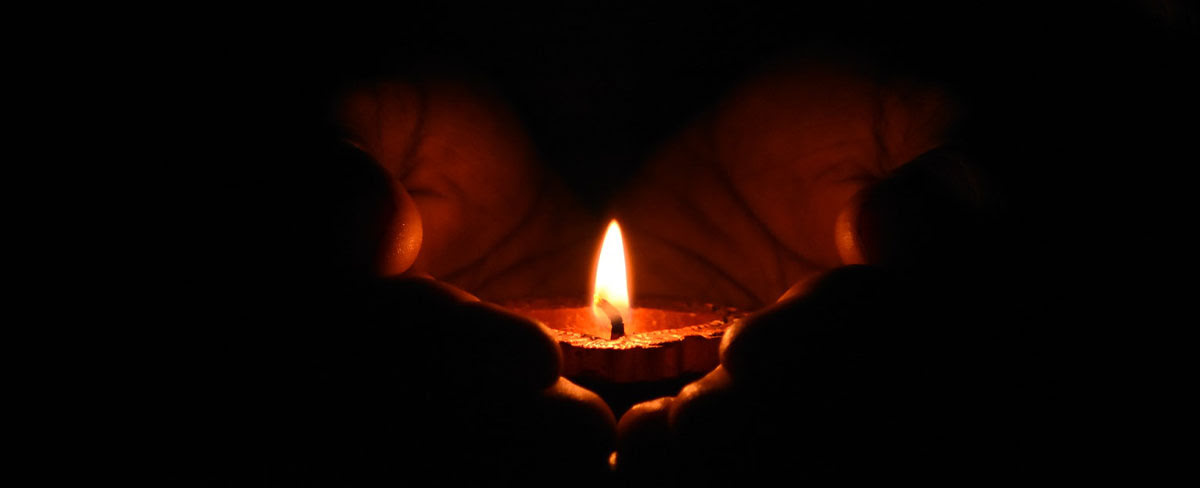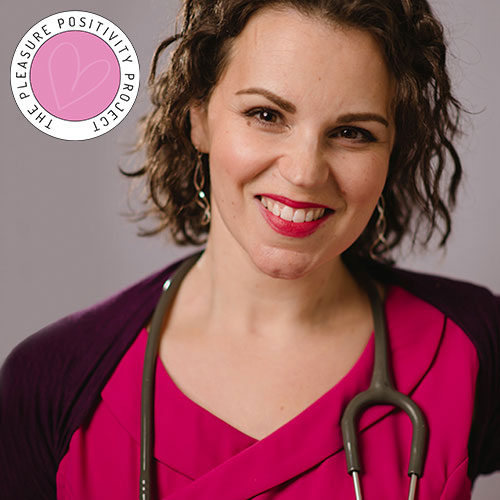
Baby Loss Awareness Week with Doctor Philippa Kaye
As a doctor and mother who has felt the pain of miscarriage 4 times, Doctor Philippa Kaye shares her experiences.
I could write a blog post on baby loss awareness week from the perspective of being a doctor, or from the viewpoint of a mother, or I can combine the two. Because that is what I am, a mother and a doctor, and while I have three healthy, lovely (mostly!) children, I have also been pregnant seven times. Those four pregnancy losses have impacted me as a person, a doctor and a mother. And so I write this post as all of those people together and I tell you this, not for sympathy, but because if you have been affected and impacted by baby loss it can feel extremely isolating and lonely. So I tell you so that you know that you are not alone, and that we are in this together.
For pregnancy and baby loss is often not spoken about, many people have not yet told their friends and family that they are pregnant before they are told about a miscarriage, and even if they have, these topics are still shrouded in silence and secrecy, which rarely helps.
Miscarriage and Still Birth
Miscarriage is, unfortunately, extremely common, with approximately 1 in 4 people having a miscarriage in the first three months of pregnancy. This may be noticed as bleeding, but not all bleeding means that you are having a miscarriage, or in a missed miscarriage there may be no symptoms such as bleeding or pain and the miscarriage may not be discovered until the approximately 12-week scan. There are multiple reasons for miscarriages including chromosomal problems with the developing baby.
Although miscarriages are most common in the first trimester, or first three months of pregnancy, they can occur up to 23 weeks of pregnancy. After this point, the loss of the infant is called a stillbirth, this is when a baby is born dead after the 24th week of pregnancy. There are other types of baby loss such as ectopic pregnancy (where the pregnancy develops outside the womb, generally in the fallopian tube which is not viable and can be dangerous to the pregnant person), blighted ovum and molar pregnancy. Recurrent miscarriage is when a person has had three or more miscarriages.

Miscarriage Symptoms and Aftercare
Depending on the type of baby loss there may be symptoms such as pain and bleeding. In early miscarriage, treatment may not be needed but medications and surgical options may be required. In other causes of baby loss, additional medical input may be needed. But while the focus is often on physical symptoms and health, it is also important to focus on your mental health - your partner, friends and family may also be impacted. For many people, talking about your feelings will help process them and there is support available from your GP and from other organisations:
- The Miscarriage Association helpline 01924 200 799 (Mon-Fri 9am-4pm) Email info@miscarriageassociation.org.uk
- Tommy’s Charity – advice and support re baby loss www.tommys.org
- Cruse Bereavement Care helpline 0808 808 1677 gives help and support re grief
You are not alone, give yourself time to recover physically and emotionally and please reach out for support if you need it.
Sign up to emails and get
15% OFF
your first order
Stay in the loop on all things Ann Summers:
Updates on new arrivals, inspiration, offers and events!
*Discount only available on full price products and 5% off discounted products
By inputting your information, you agree that we can use it in accordance with our Privacy Policy. You are able to unsubscribe from marketing at any time. By proceeding you agree to our Terms and Conditions.
You must be over 18 to join our mailing list.
By inputting your information, you agree that we can use it in accordance with our Privacy Policy. You are able to unsubscribe from marketing at any time. By proceeding you agree to our Terms and Conditions.
You must be over 18 to join our mailing list.
Sign up to emails and get up to 15% OFF your first order

*15% Discount only available on full price products and 5% off discounted products
Stay in the loop on all things Ann Summers: Updates on new arrivals, inspiration, offers and events!
By inputting your information, you agree that we can use it in accordance with our Privacy Policy. You are able to unsubscribe from marketing at any time. By proceeding you agree to our Terms and Conditions.
You must be over 18 to join our mailing list.

